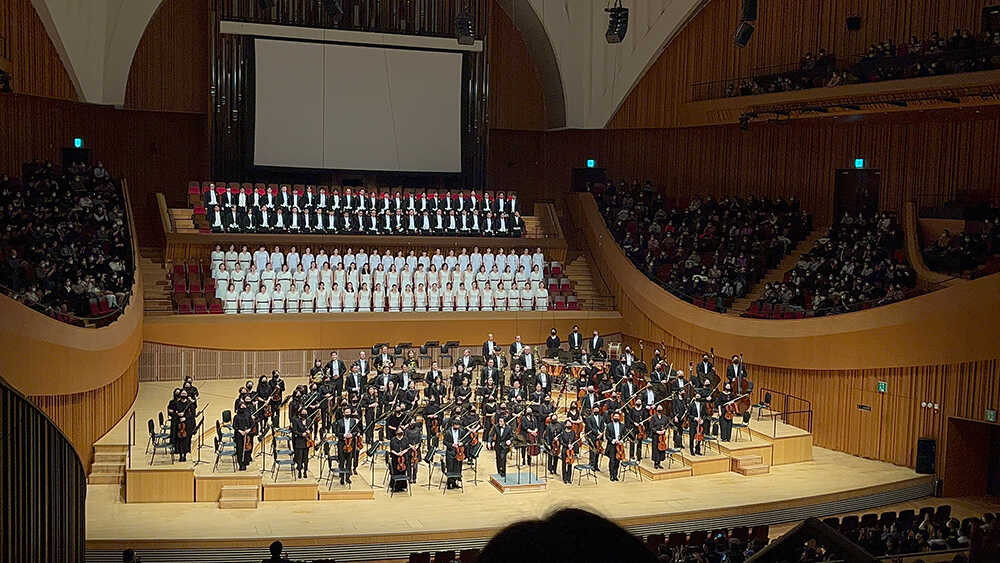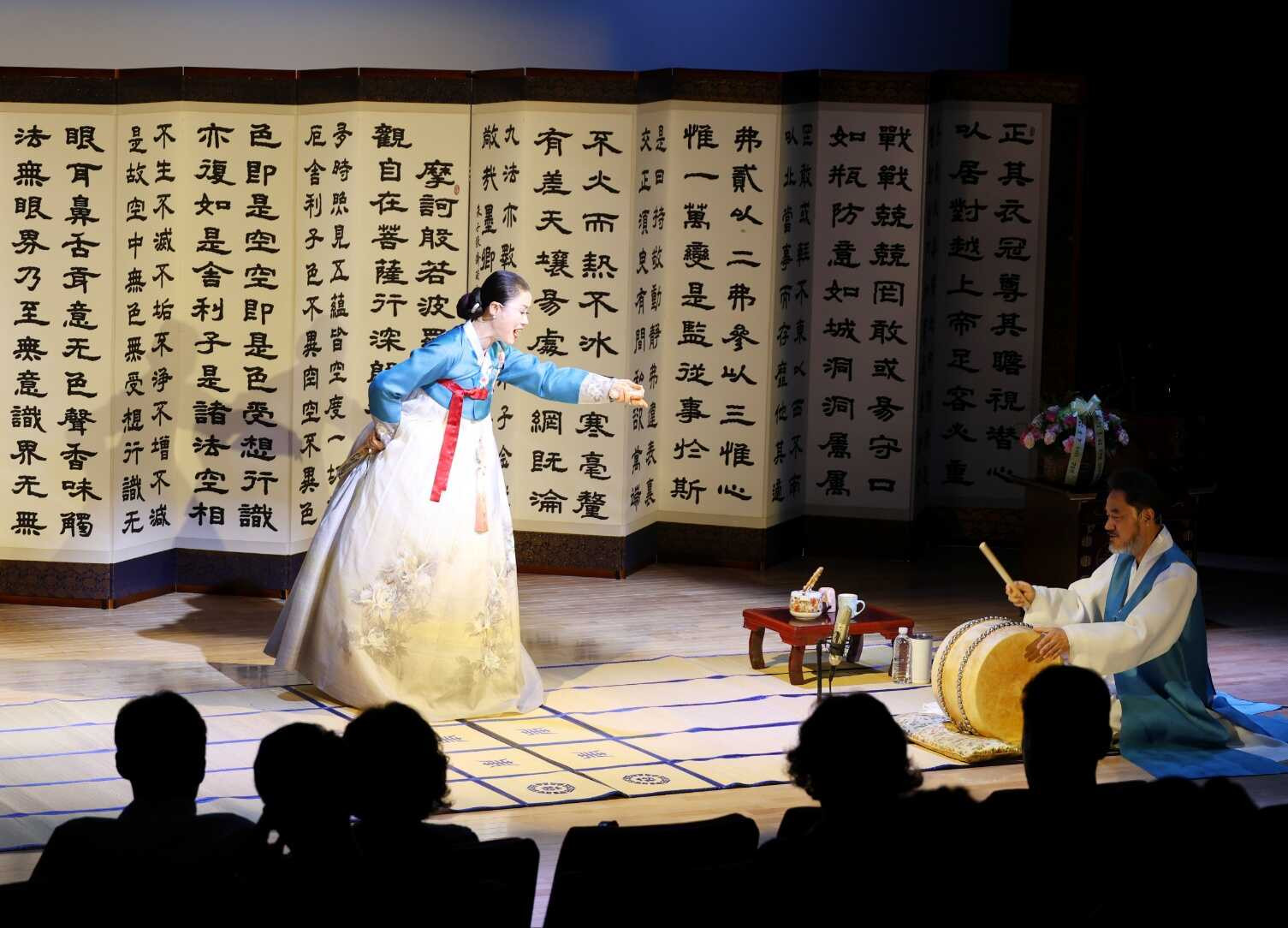Sounds of Korea: Tracing the Origins of a Musical Nation

Korea's deep musical tradition and its connection to its history play an important role in understanding why Koreans are so musical. Here's a glimpse into this relationship, with a focus on traditional Korean music.
1. Historical Influence
Korea's rich history, spanning thousands of years, has been marked by a strong appreciation for the arts. During dynastic periods such as Goryeo and Joseon, the Korean royal court and aristocracy cultivated a vibrant cultural environment that included music, dance, and the visual arts. This historic patronage of the arts laid the foundation for a musical heritage that continues to flourish today.
2. Confucianism and Cultural Values
Confucianism, a philosophy that has deeply influenced Korean society, places a high value on education, ethics, and cultural refinement. Music and the arts were considered essential components of a well-rounded education, fostering a sense of cultural identity and unity.

3. Influence of Shamanistic Rituals
Shamanism was an important religious practice in early Korean history, and it included music and dance as integral parts of rituals. These rituals contributed to the development of traditional Korean musical forms and instruments, such as the kayagum and the janggu.
4. Pansori and folk music
Pansori, a unique form of Korean musical storytelling, emerged in the late Joseon period. It combines vocal performance with narrative storytelling and is deeply rooted in Korean folklore and history. Pansori and other forms of folk music celebrate the daily lives and struggles of the Korean people.

5. Influence of Chinese and Buddhist Music
Korea's proximity to China and its historical ties to Buddhism have also influenced its musical traditions. Elements of Chinese music and Buddhist chant can be found in Korean classical music, adding to its depth and complexity.
6. Colonial and Modern Challenges
Korea faced significant challenges during the Japanese colonial period (1910-1945) and the Korean War (1950-1953). Despite these hardships, traditional music survived, and new forms, such as the trot, emerged in the postwar period. These experiences further shaped Korean musical identity.
7. Cultural preservation
In the second half of the 20th century, there was a renewed interest in the preservation and promotion of traditional Korean music. Organizations, schools, and government initiatives have played a crucial role in ensuring the continuation of these musical traditions.

8. Globalization and fusion
In recent decades, Korean traditional music has also embraced globalization. Musicians and artists have incorporated elements of Western music and other world music genres into their work, creating a diverse and dynamic contemporary music scene.
Korea's musicality is deeply rooted in its historical, cultural, and religious heritage. The enduring appreciation of music, the influence of traditional rituals, and the development of various musical forms over the centuries have all contributed to Koreans' strong connection to music and their vibrant musical culture.
Booking.com



